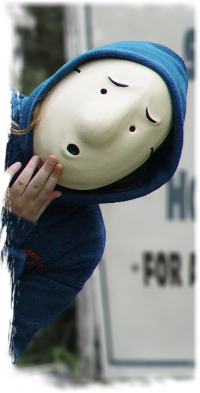
Sky Blue Theatre runs the Cambridge Theatre Challenge, a writing competition for new short plays. Shortlisted plays are performed and the audience gets to select the winning play.
The 2014 productions were staged at the Lost Theatre in London, with ten plays spread over two evenings. I was one of the guest speakers on the Saturday night. (In this case a guest speaker is someone whose job is to talk while the festival organisers count the audience votes.)
After the event, I was interviewed by Rah Petherbridge for their next round of publicity. Her first question was to ask me for a list:
– “Can you give me three tips for new writers?”
Being me, I got as far as the first tip and that was that. A five minute interview duly consumed.
This is by way of a gentle riposte…
Ten Reasons Why I Hate Lists
1. Lists trivialise complex issues
The world cannot be reduced to ten simple points. (It needs at least twelve.)
2. Lists give a false sense of order
Some things can be quantified: the world’s tallest buildings.
Some things can be quantified but need careful qualification: I once reached number seven in the Southern Echo’s top ten album sales. This was because the statistic was based on sales from the one music shop in Southampton (in the entire country, in the entire world) that was selling the album.
Some things should not be quantified. I’ve just found a newspaper article about England’s top ten trees. (Does anyone else hear a voice saying “Number one, the larch”?)
3. They’re subjective
Lists reflect the views and priorities of the person compiling the list. I demand the right to set my own priorities. This may well mean writing my own list. (See 10.)
4. They belittle everything else
The world is full of wonderful things that don’t appear on any top ten list.
5. They’re a substitute for thinking
We read lists instead of forming our own opinions.
6. There’s usually at least one point wrong
See 9.
7. They’re used as space fillers
Lazy journalists and bloggers use the list format when they can’t think of anything else to write.
8. They’re used as click-bait
Because we like lists so much, we can’t resist clicking on a link to a list.
9. They’re not good for irony
See 1.
10. They’re addictive
We all like reading lists.
That’s why there will be more along soon…
